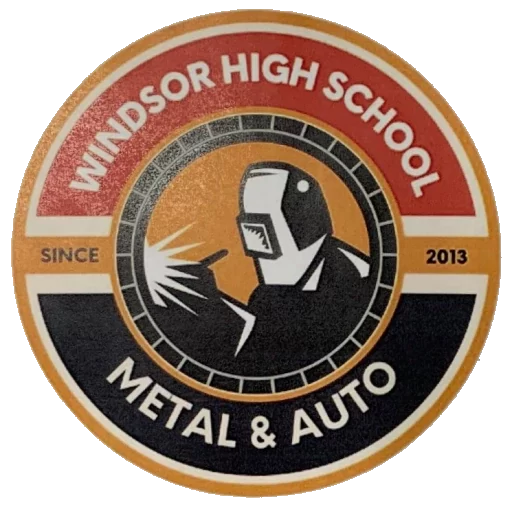Welding skills foster creativity with practical, real-world application and a path to highly paid careers
Welding technology is a well-paid, lucrative field and skilled welders are in high demand throughout many different industries and geographies. You will find many welding jobs in automotive, aerospace, building and construction, high-tech manufacturing and many other adjacent industries. For example,
iIf your goal is to pursue a career in a Science, Technology, Engineering or Math (STEM) field, don’t miss out on the hands-on safety and mechanical experience that Introduction to Mechanics, Advanced Fabrication or an Automotive class can provide you. You will gain a better understanding of safety practices, materials, power tools and fabrication techniques that can be particularly helpful in your engineering or science pursuits. Your high school hand-on welding or automotive
training will benefit you in whatever college or career path you choose.
Talk to your academic counselor To learn more about Windsor High School’s Welding and Automotive courses and how these courses can benefit you in your future college and career plans, please talk to your WHS Academic Counselor, or email one of the contacts below.
John Brito
Welding & Automotive Teacher
[email protected]
Grace Curtin-Fiano
WHS Vice-Principal/CTE Advisor
[email protected]
WHS Academies
Having teachers who work as a team, and classes consisting only of academy students make interdisciplinary work like this possible. A team of several teachers works with the academy students over the three-year period. Teachers plan their curriculum together, creating connections across classes in different subjects. In team meetings they can discuss how a student is performing in different classes. Working with the same students for three years builds greater trust and understanding between students and teachers. The academy curriculum provides students a range of college and career options following graduation.
Academies have career-related themes ––common examples include health careers, information technology, media and communications, engineering, education, agriculture, law, and transportation. Academy students go on field trips to practice learning in context and to visit work sites. They have mentors, and internships with industry professionals. Seeing the relevance of their school work to life beyond high school helps motivate students to succeed, and practicing career skills guides them to success in the workplace whether or not they continue in the field of their academy’s industry focus.
Each academy is required to have an active advisory board representing local employers in the academy’s field of work. Advisory boards also include representatives of local colleges and universities. The board advises the teacher team on relevance and content of curriculum; provides resources; helps plan and arrange field trips, mentors, and internship opportunities; and
generally oversees and supports the work of the academy.
The State of California awards grants to local school districts to operate California Partnership Academies. School districts apply for these grants, and they must match state funds with district and local business partner contributions. information on funding is available from the California Department of Education at http://www.cde.ca.gov/ci/gs/hs/cpagen.asp.


